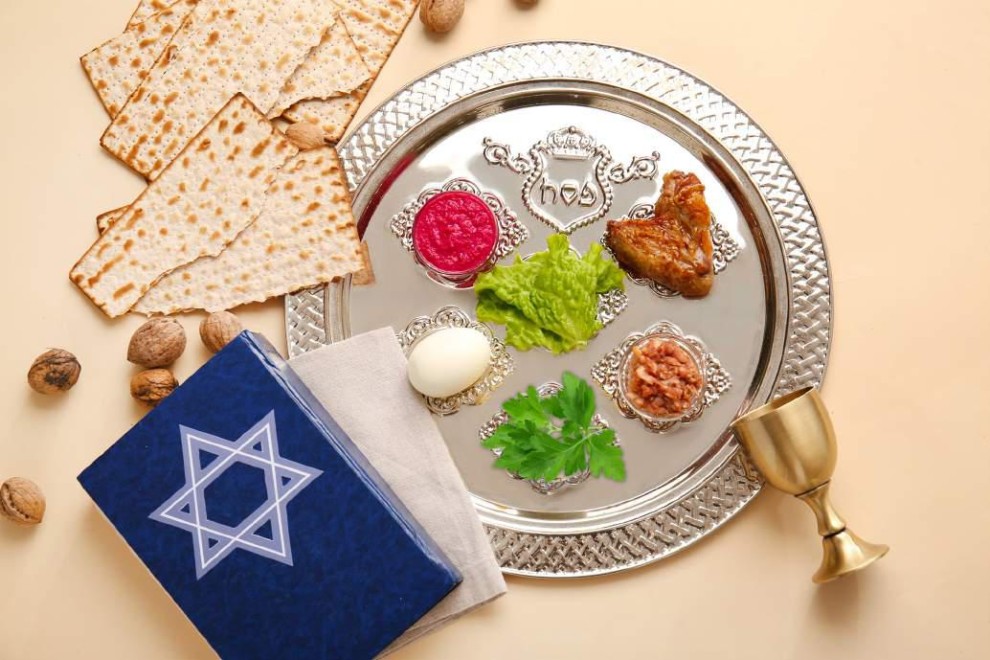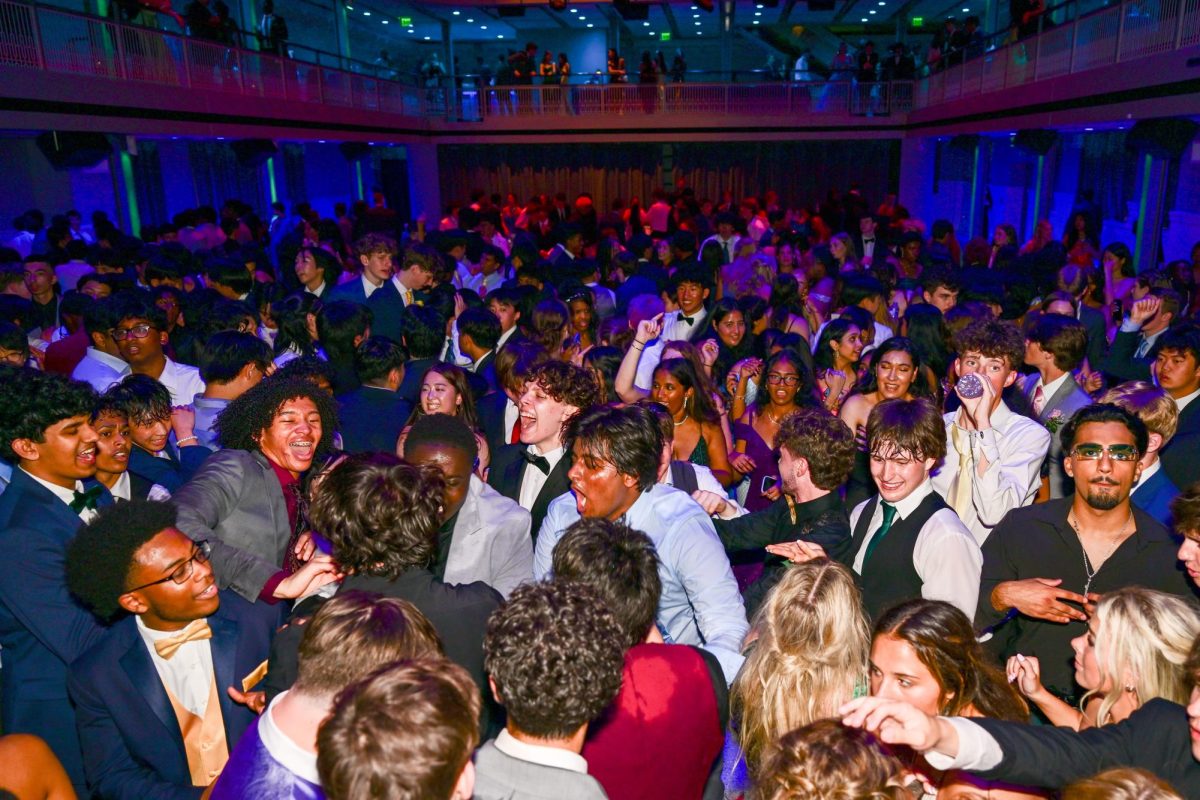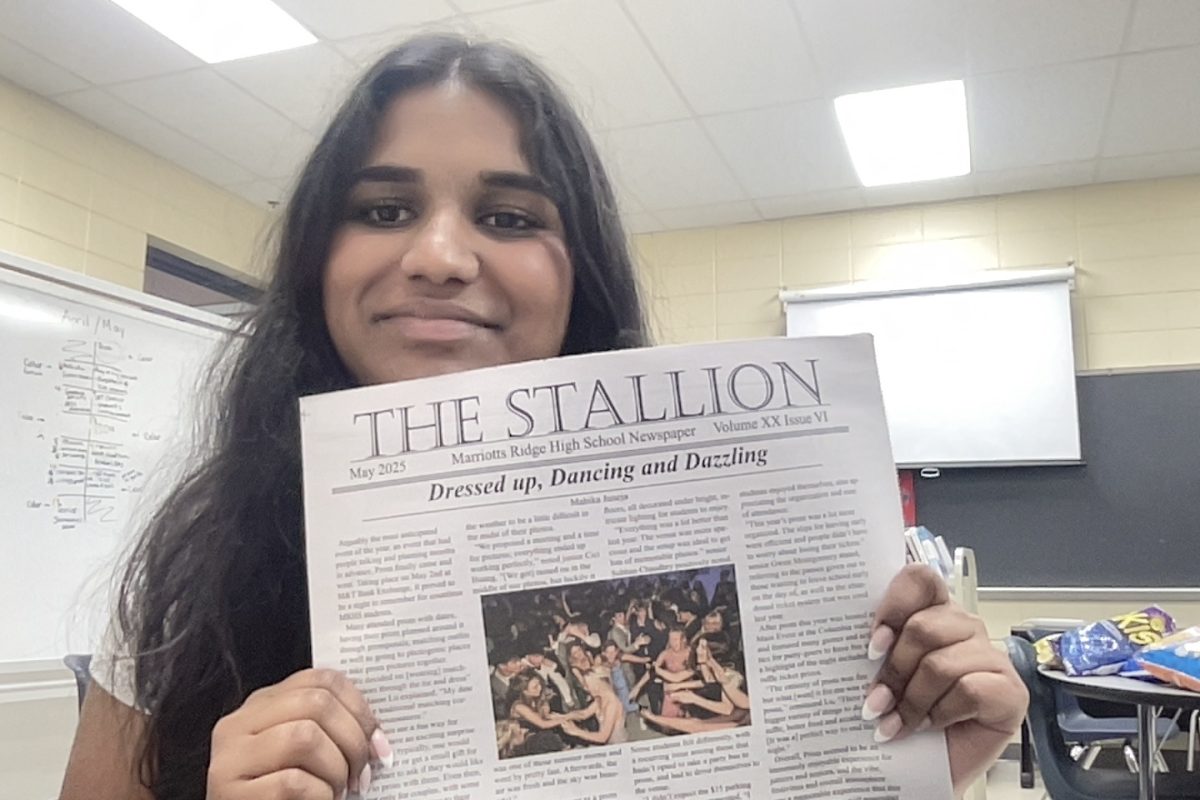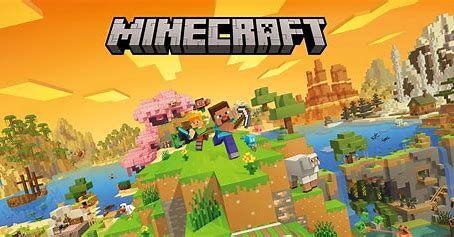Celebrated on the 15th day of Nisan on the Jewish calendar, Passover is a Jewish holiday that commemorates the Israelites’ escape from slavery in Egypt in the thirteenth century BCE. Since the holiday’s occurrence is based on the Jewish calendar rather than the Gregorian calendar, the date varies wildly from year to year, this year Passover started at sundown on April 22, 2024 lasting until sundown on April 30, 2024, nearly a month later than last year. From reformed to orthodox Jew, every family celebrates Passover a little differently making each family’s Passover tradition different from the rest.
The core aspects of Passover are to recount the story of the Israelites’ escape and to spend time with loved ones. Most take this time as a reason to meet up with extended family that they don’t always get to see. Although Passover lasts for eight days, the first one or two nights, depending on one’s traditions, are the most important because of seders, special dinners that last specially celebrate the story of Passover. In these seders, families will gather together with a big meal and a seder plate. On a seder plate are six objects symbolic of the Israelites’ time in Egypt and each seder, each one is explained and most are eaten. During the seder, the youngest child will recite the four questions of passover with the overarching theme, why is this night different from all other nights? Although not everyone conducts their seders the same, the passing on of the story of Passover continues on through generations with these traditions.
“I usually go to my grandparents house and we have our huge dinner, and we invite our family.. and then we do the seder,” commented freshman Graham Stinebaugh.
Within Judaism as a whole, there is a balance of culture and religious importance that is balanced differently for every person. A common theme with the younger generations is an increased importance of cultural traditions with holidays like Passover rather than religious beliefs. Although many younger Jews are less involved in the aspects of Judaism that involve god and faith, they still hold their Passover traditions passed down from their parents important to them as it shapes their connection with Judaism as they grow older.
“For a lot of modern jews like me, the cultural aspect is part that plays a much larger piece in my life,” articulated junior Aaron Rodgers.
Familial traditions are important albeit not the sole factor in one’s relationship with Passover and Judaism in a whole. Synagogue, a place where Jews go to worship, fosters a community with other Jews where new Passover traditions are able to grow and be shared, influencing the lives and traditions of those who participate. Even if not directly involved, the children of those who engage with their community are bound to inherit some of the traditions fostered in their community.
“It wasn’t until I became an adult and got involved in my own synagogue that I started finding these traditions that I really liked,” mentioned English teacher, Mrs. Richards.
The story of Passover is an important part of Jewish history that retells the story of how Jews came to be a free people. The traditions each family engage in tell the story of their family lineage, with each generation changing it slightly to their beliefs. As long as Passover is a holiday celebrated, there will always be a time for families to be together and celebrate their history.
Categories:
Why is this Holiday Different from all other Holidays? Passover at the Ridge
More to Discover
About the Contributor

Sean Zissu, Managing Editor
My name is Sean Zissu. I am a senior and this is my second year in journalism. In school, I take interest in all parts of STEM. Out of school, I enjoy listening to music, playing piano, and hanging out with my friends. I’m excited to be part of the newspaper again.








